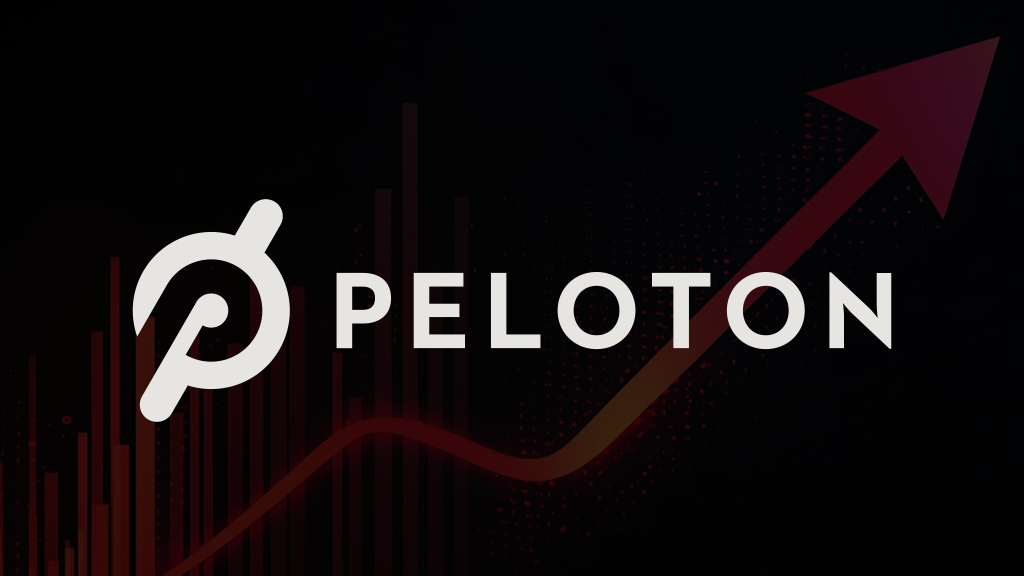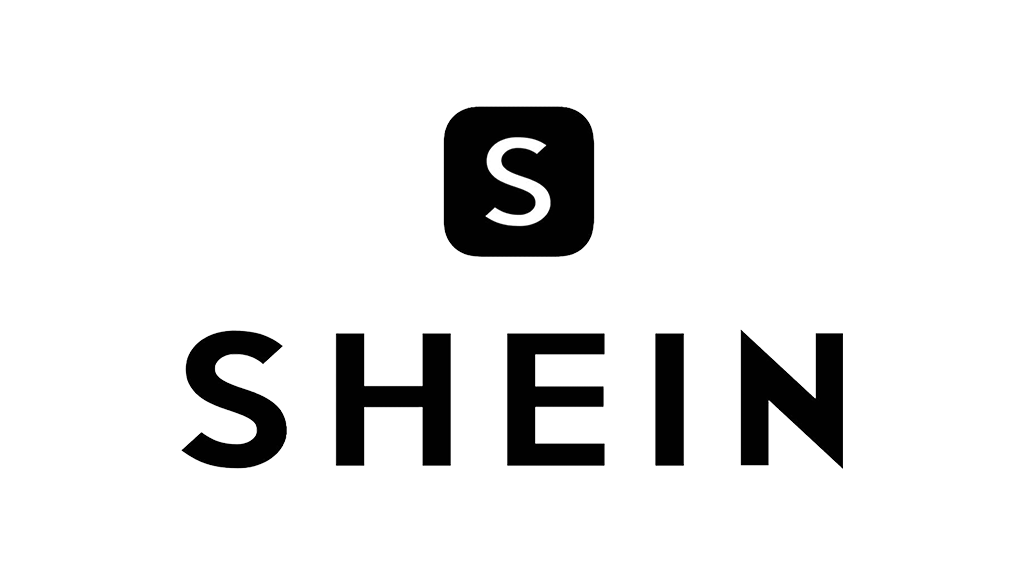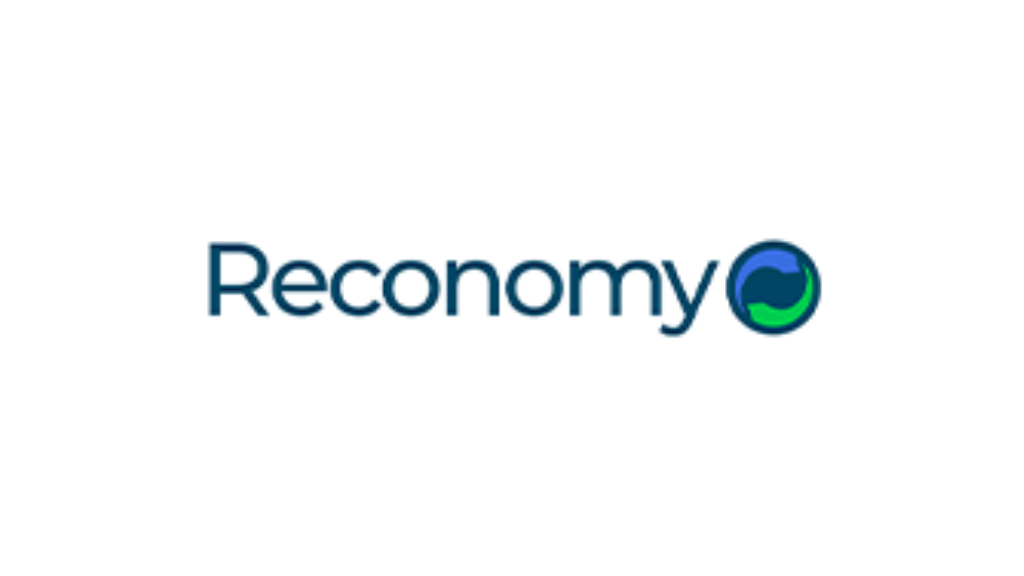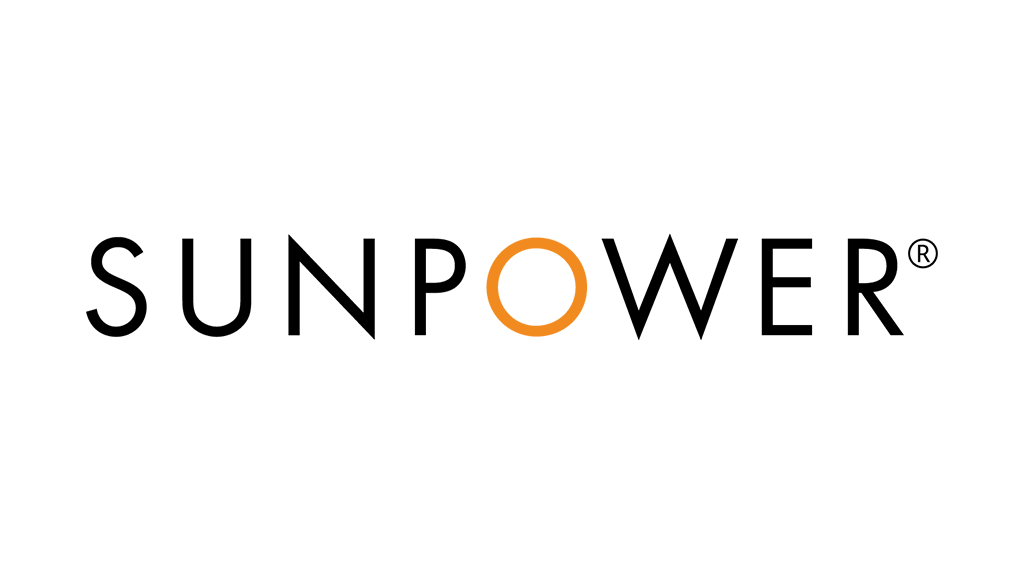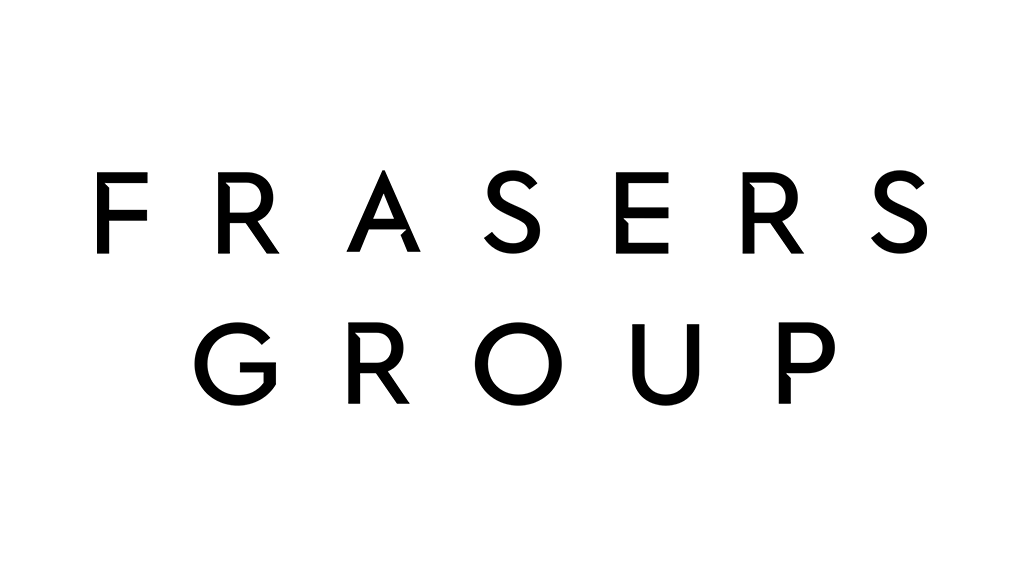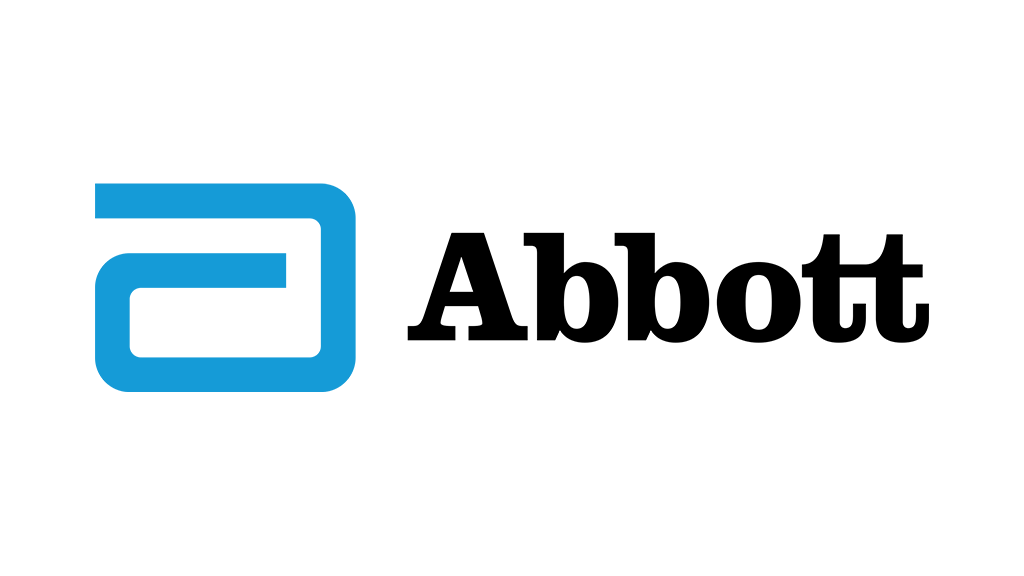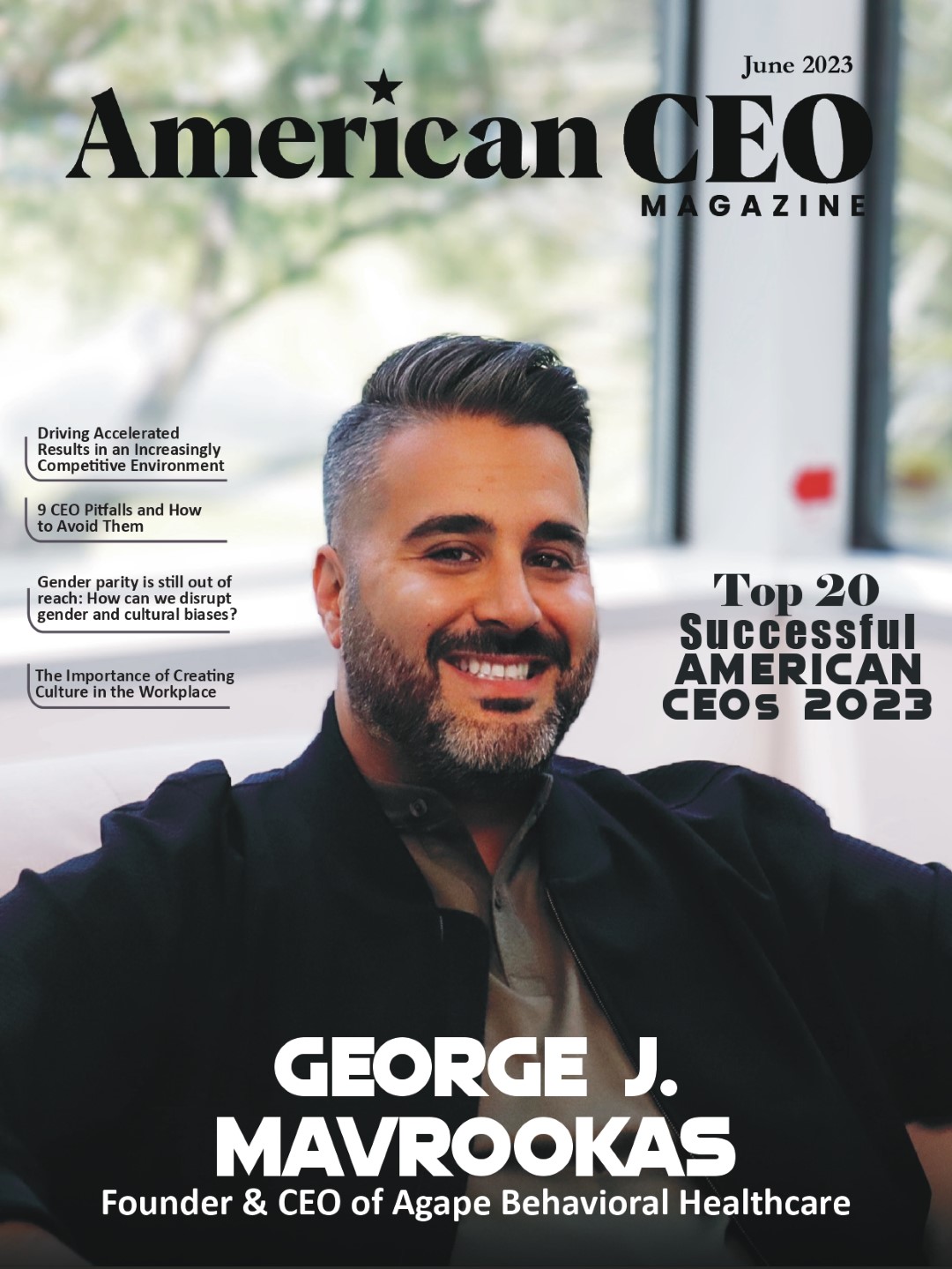Dede Henley
Leadership Coach

Dede Henley
Dede is a deeply sensible advisor to executives. She brings experience from over forty years in the field, including a Masters in systems thinking and organization development from Pepperdine University and a broad understanding of what it takes to grow a healthy company. She is an innovative program designer creating experiences that enable participants to learn and change rapidly.
As CEO of Henley Leadership Group, she was ranked among the top 100 thought leaders by Leadership Excellence two years in a row, and has served thousands of leaders in a variety of industries including healthcare, technology, energy and finance. She is a monthly contributor to Forbes.com in the leadership channel. She is a frequent blogger and contributes to the field of leadership generously.
What It Takes to Collaborate Well
Collaborating with people isn’t easy. Why? Because people get tangled up and judge each other. Team members gossip with colleagues about people who annoy them at work. Disconnected colleagues may engage in stonewalling and block the flow of productivity. And, as if collaboration weren’t already tough enough, you often aren’t even in the same building anymore.
However, leaders and their teams are facing unprecedented complexities. The old saying that none of us is smart as all of us still holds true. Leaders need the power of collaboration. And it’s likely that you and your team will need significantly higher levels of skill to meet these complexities.
What does it take to collaborate well? First and foremost, a compelling why, then trust, inclusiveness, heartiness in the face of breakdowns and finally an ability to pivot your attention and voice the good you see around you. Let’s explore each of these five elements of collaboration a bit more.
Create a compelling why
A compelling why has a powerful and irresistible effect. Team members feel like they are on a mission, and that drives them to work together and draw on their collective talent and creativity in service of the task at hand.
Teams flounder when members are unsure why they’re doing what they’re doing or how it fits into the larger scheme of things. Leaders of highly collaborative teams consistently communicate why, and for what, people are giving their time, talent and energy. This compelling why reminds them of the bigger aspiration they’re part of.
Build trust
To collaborate, teams often need to learn about the importance of building trust — and repairing it where it’s missing or languishing. Co-workers don’t have to like each other to work together, but they can and must develop trust for one another. In great teams, the cultivation of trust begins with hiring talented people and putting the right person in the right job.
When the person and the task are well-matched, great things can happen. Trust grows within teams from the recognition of work done well.
In teams with trust, there’s a recognition that each member is there because they are good at what they do. There is also the recognition that success comes from an ability to work together toward a higher purpose, so petty differences don’t arise. But that doesn’t mean that there aren’t any differences. Collaborative team leaders devote time to creating a culture rooted in trust where conflicts can be resolved in healthy ways.
Be inclusive
An inclusive team intentionally welcomes and incorporates the contributions of all team members to voice diverse perspectives, work through dissent and inform the work of the team. Inclusion is the cultivation of an environment where all team members feel welcomed, respected, supported and valued to fully participate.
Have productive breakdowns
As difficult as breakdowns and failure are, they are inevitable for teams that are stretching and growing and making a difference. How breakdowns and failure are dealt with speaks to how successful a team will be in reaching its goals.
A breakdown simply suggests that it’s time to try another way. At the moment of failure, a team can gain access to new levels of creativity. This is why, when faced with a setback, extraordinary teams lift themselves up, and engage productively together. They learn from what’s happening. They don’t dwell on the breakdown except as something to learn from. Because they trust each other, they can stay focused on fulfilling their compelling why and venture into the unknown, learning along the way.
Voice what’s good
Voicing what’s good is all about intentionally shifting your focus to what’s good, what’s working and what there is to appreciate. Looking for and voicing what’s good provides lift and inspiration. Most teams fail to voice what’s good, focusing instead on problems, issues, challenges to solve. The impact can be devastating as the team veers towards overwhelm and languishes under a never-ending workload.
These five elements of collaboration take practice and attention. But the payoff is well worth it. In the end, you will have a team that is much more skilled in collaboration and able to tackle complex issues with skill and grace.





























